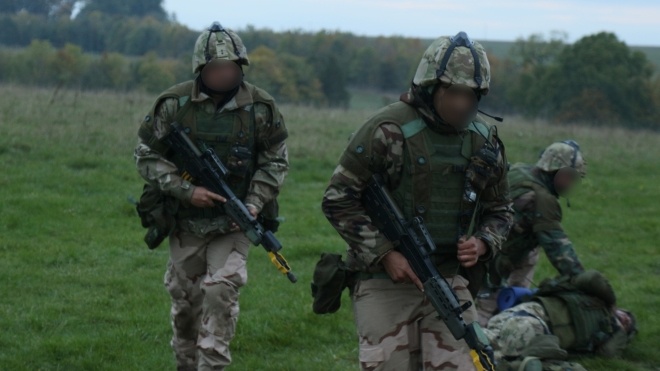The Washington Post writes about the special operation of the Russian FSB in Moldova. A set of secret materials discovered by Ukrainian intelligence illustrates the Kremlinʼs attempts to undermine the pro-Western government of Moldova, the publication writes. These documents and testimony demonstrate that the FSB has spent tens of millions of dollars promoting the countryʼs reorientation towards Russia. The key pro-Russian politician of Moldova is Ilan Shor, who is currently in exile in Israel. Shor controls the two main pro-Russian television channels in Moldova and is advised by Kremlinʼs political technologists. Shorʼs party is populist, and he himself denies any ties with Russia. Western officials worry that due to the failures in Ukraine, Russia may try to increase its influence in Moldova in the hope of success at least there. These efforts of the Russian Federation are facilitated by the energy crisis provoked by Russiaʼs attacks on the energy infrastructure in Ukraine, as well as by the reduction of electricity supplies from occupied Transnistria. The publication describes in detail the schemes that Russia used in Moldova and plans to regain its influence after the defeat of pro-Russian candidate Igor Dodon in the 2020 presidential elections.
The New York Times writes about Mykolaiv, a city that has suffered greatly from Russian attacks, and about its residents, who are disappointed in the response of local authorities to challenges. Due to constant shelling in Mykolaiv, there are problems with water supply and electricity. Some residents of the city believe that the authorities are not doing enough to restore critical infrastructure ― for example, orange salt water is now flowing from taps in local homes. This happened because the water pipeline from the Dnipro River to Mykolaiv was blown up in April, due to which the city authorities were forced to take water from a brackish estuary near the city. People are forced to carry fresh water from cisterns and wells, which turned the city into a "medieval" one. This is a deliberate tactic of the Russians, the material says. They attack civilian objects to sow suffering and division among Ukrainians. As a result, Putin is counting on local outrage at the actions of his government, even if people understand that Russia is to blame. According to the statements of President Zelensky, currently a third of the electricity infrastructure in Ukraine is damaged, but many Ukrainians intend to be resilient and not surrender to the enemy. One of the residents of Mykolaiv, kindergarten teacher Natalya, says that she is ready to live as she is now, as long as it takes [to win]. Another woman is Halyna, who breeds dogs, collects rainwater in buckets in the yard, and repeats Natalieʼs opinion that it is better to live in the dark and cold than in Russia.
In an essay on War on the Rocks, Michael Spirtas, an expert at the RAND Corp research center, writes about the lessons of the Ukrainian war for Taiwan and its allies. On the one hand, the failures of the Russian Federation in Ukraine may seem encouraging for Taiwan. However, according to Spirtas, China is closely following the development of events in Ukraine in order not to make the same mistakes. The US should also take this into account and invest in strengthening its capabilities now, the expert believes. The main conclusions of the war in Ukraine, which can be applied to Taiwan, concern both the strategy and tactics of warfare, and the use of information as a weapon. This time, the US spent $17 billion to $25 billion on aid to Ukraine, according to various estimates, so it is necessary to reserve large-scale resources for Taiwan as well. It would also be appropriate to start stockpiling defense resources on the island before a possible Chinese invasion, Spirtas writes. Taiwan itself is also inspired by the armed forces and has begun to take measures to prepare the population to participate in civil resistance. In particular, the essay says, the country has launched a training program for first aid, self-defense and evacuation. At the same time, Chinaʼs military capabilities differ significantly from Russiaʼs: China has modern weapons and probably a less centralized decision-making system in the armed forces.
